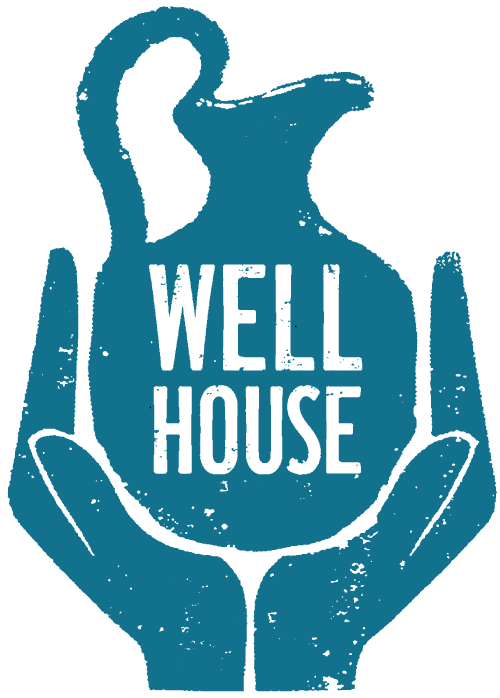Letter from the CEO - Spring 2021
This is, primarily, an informational article addressing the issue of human sex trafficking in illicit massage parlors. The tragedy that unfolded in the Atlanta Asian massage parlors was no surprise to those of us who work in the space of anti-human trafficking.
We have met victims of this industry. And, while we understand the concerns of racism against our Asian American friends, we immediately identified this as an issue of sexual exploitation. After all, what “spa” operates a 24-hour service? As fellow advocate Ouleye Ndoye pointed out, these women are trapped without a choice, and we should be talking about the fact that we are not protecting them. Instead, they are exploited in plain sight.
In a New York Times report, Yvonne Chen, an advocate for sex trafficking victims, who works with Asian women, said not all of those working in the massage parlors are willing to provide sex to their clients, but those who refuse are often attacked by their customers. “I don’t think there’s enough discussion of the violence that comes from the buyers,” she said.
Customers often go on membership-only review websites where they describe in detail what sexual services employees at a given spa are willing to provide, and the two parlors that were attacked have been a part of these reviews.
Law enforcement agencies across the country frequently conduct raids and occasionally shut businesses down, but nimble spa owners frequently set up shop elsewhere, according to law enforcement officials and anti-trafficking advocates. The spa owners generally run as a loose network, with women often spending only a few months at one spa before moving to another state to work at another, they said. Owners often hold on to employees’ passports and require them to pay rent as live-in workers.
Street Grace, a wonderful organization in Atlanta fighting trafficking, published a report in 2020 on the scope of the illicit massage business in Georgia where the recent shootings took place. They identified 165 illicit massage businesses in Georgia with an estimated annual gross revenue of over $42 million! Further, the number of customers per day was between 1,025 and 1,320 with nearly 1,100 persons victimized annually through this industry. The report reveals that the illicit massage industry is the second largest form of human trafficking in the U.S.
According to a 2018 Polaris Project report, the illicit massage industry across the U.S. represents a sophisticated criminal network expanding over 9,000 establishments. The range of activities that violate federal and local laws include visa and immigration fraud, tax evasion, money laundering, OSHA workplace standards, zoning, licensing violations and human trafficking. Research suggests that individual parlors represent an elaborate criminal web yielding $2.8 billion (Bouche and Crotty 2017). As we have seen, vulnerable populations are exploited making it time for a coordinated effort to close these businesses as, reportedly, the crime crosses city and state boundaries! View the report here.
The WellHouse remains a safe haven for these and all female victims of human sex trafficking. Our services are comprehensive, and we can navigate language barriers and work with those victims who require special considerations. We pray that more will be rescued!

